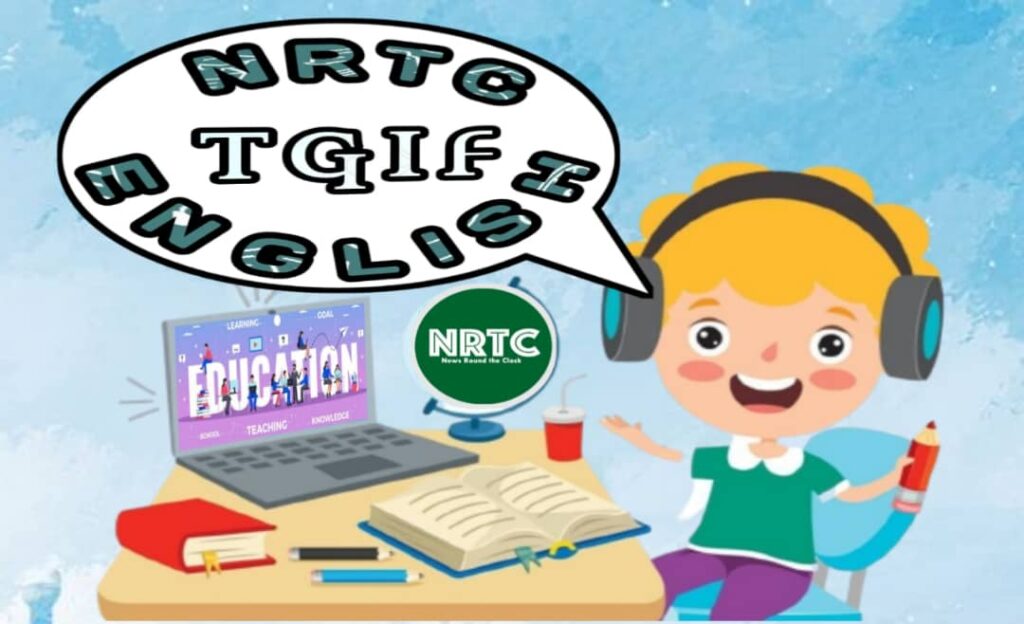English can be tricky, especially when words sound alike but mean different things. An example is the differences between “cause”, “course”, “coarse”, and “coerce”.
A cause is why something happens. It’s the reason behind an event.
For example, if someone asks why there’s a traffic jam, the answer could be road construction, which is the cause of the delay.
According to the Merriam-Webster dictionary, “cause” is defined as “a reason for an action or condition” or “something that brings about an effect or a result.”
Another example is “The heavy rainfall was the cause of the flooding,” “cause” identifies the reason for the occurrence of flooding.
Course can mean a few things. It could be the path something follows, like a river’s course winding through a valley.
It can also mean a series of classes on a particular subject, such as a math course in school.
Other examples are, “She is taking a course in mathematics” or “The course of history was forever changed.”
ALSO READ

Coarse describes something rough or not smooth. It can be used for rough textures like sandpaper. It also describes impolite or rude behavior.
If someone uses coarse language, they are speaking in a rough or vulgar way.
As defined by According to Oxford Dictionaries, “coarse” means “rough or loose in texture or grain” or “lacking refinement or delicacy.”
Other examples are “The coarse sandpaper was used to smooth out the rough edges” or “His coarse language offended the audience.”
Coerce means to force someone to do something they don’t want to do. It’s like making someone do things by threatening them or putting pressure on them.
Merriam-Webster defines “coerce” as “to compel to an act or choice” or “to achieve by force or threat.”
For instance, if someone is coerced into signing a document, they are forced to do it against their will.
Another example is, “The criminal coerced the witness into providing false testimony” illustrates the use of the word in a sentence.